See All
See All
See All
Fuel Ox® with Combustion Catalyst
$24.99 – $432
Select options
This product has multiple variants. The options may be chosen on the product page
Fuel Ox® with Combustion Catalyst additive is a unique, proprietary fuel treatment unlike any other product on the market. Our combustion catalyst fuel additive enhances stability and offers powerful dispersant-detergent capabilities, making it essential for addressing core problems found in any middle distillate fuel - whether it is gas, diesel, or HFO. It also contains a maintenance level biocide to keep bacteria from growing in your tanks.
Benefits:
- Better fuel efficiency
- Reduced emissions
- 50%+ less regenerations needed
- EGR Coolers and valves and all sensors stay cleaner
- Injectors last longer
- Less downtime & parts replacement due to emissions system failures
- Overall reduction in maintenance costs
- Reduced DEF usage of 15-20%
- No bacteria growing in your tanks
Fuel Ox® Cold Charge
$38.99 – $432
Select options
This product has multiple variants. The options may be chosen on the product page
Fuel Ox® Cold Charge additive is a unique, proprietary cold pour point fuel treatment. It is designed to improve vehicle performance and extend engine longevity. The enhanced stability and dispersant/detergent features make it indispensable in dealing with problem fuels or fuels in storage. The enhanced cold pour point stability and lubrication features make it indispensable in dealing with problem fuels at lower temperatures.
Fuel Ox® Cold Charge works in any combustible engine including automobiles, trucks, off-road vehicles, heavy equipment, trains, and ships. Thorough testing and application has proven this additive to be compatible and 100% soluble with all types of middle distillate and heavy fuel oils.
Fuel Ox® Star Plus™
$16.50 – $100
Select options
This product has multiple variants. The options may be chosen on the product page
Fuel Ox® Star Plus™ is designed to improve the efficiency of the fuel systems and greatly reduce common fuel related issues and service calls during the winter months. This includes stabilization, gelled fuel and ice, sludge buildup, water, and corrosion. Bio-blend fuels degrade more quickly and gum up the interior components of fuel systems. Oxidation of fuel creates an acidic environment causing deterioration of seals and the gumming up of interior components Fuel Ox® Star Plus™ prevents the oxidation of fuel and keeps bio-blends stable. Fuel Ox® Star Plus™ can be used in both indoor and outdoor heating oil tanks.
Infinity Lube™ Super Grease
$20.93 – $1,726.20
Select options
This product has multiple variants. The options may be chosen on the product page
Fuel Ox® Infinity Lube™ Super Grease fortified with Infinity Lube™ concentrate technology allows for an improved performance for both light and heavy duty applications. This Super Grease provides sustainability many times more than all competition. It exceeds the demands of high loads, temperatures and extreme and rugged conditions in wet and dirty environments.
Fuel Ox® Infinity Lube™ Super Grease provides the highest pressure protection at all speeds, ensures excellent thermal stability that resists oxidation and oil separation at high temperatures, and ensures the highest levels of water resistance and corrosion to protect against water wash out.
Fuel Ox® Infinity Lube™ Super Grease metal conditioning formulation reduces friction wear by conditioning, strengthening, and smoothing the two rubbing metallic surfaces on a micron level. Fuel Ox® Infinity Lube™ Super Grease's formula improves the surface of metal and provides continuous lubrication to prevent friction wear.




Fuel Ox® Star Plus™ Bio
$19.99 – $375
Select options
This product has multiple variants. The options may be chosen on the product page
Fuel Ox® Star Plus™ Bio is a heating oil additive for both outside and inside tanks designed specifically for B-20 blends and higher. It is made to enhance fuel system efficiency and significantly minimize prevalent fuel-related problems and service calls in the winter season. One of its primary purposes is to lower the Cold Filter Plugging Point (CFPP) well beyond any existing heating oil additive. Beyond that it also effectively addresses concerns such as stabilization, icing, sludge buildup, water contamination, microbial growth and corrosion. Bio-blend fuels have a tendency to degrade rapidly and cause blockages in the internal components of fuel systems. Fuel oxidation leads to an acidic environment that deteriorates seals and results in seal failure and the clogging of interior components. By preventing fuel oxidation and maintaining the stability of bio-blends, Fuel Ox® Star Plus™ Bio safeguards against these issues. It is great for use in both indoor and outdoor heating oil tanks.

 Fuel Terminals & Stations
Fuel Terminals & Stations
 Heavy Machinery
Heavy Machinery
 Marine
Marine
 Mining
Mining
 Municipalities
Municipalities
 Transportation
Transportation
 Trucking
Trucking
 Expulsion/Regeneration
Expulsion/Regeneration
 Fuel Contaminants
Fuel Contaminants
 Fuel Instability
Fuel Instability
 Low Fuel Efficiency
Low Fuel Efficiency
 Maintenance & Repairs
Maintenance & Repairs
 Sludge Buildup
Sludge Buildup
 Water/Condensation
Water/Condensation
 Metal to Metal Seizure
Metal to Metal Seizure
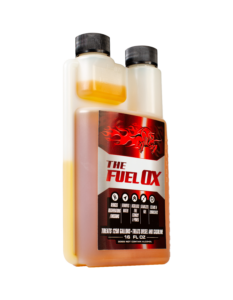
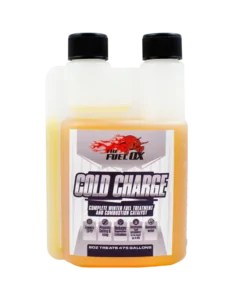

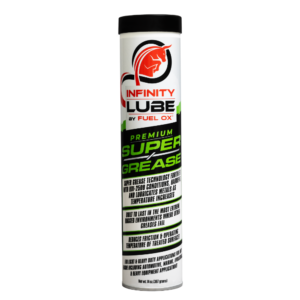
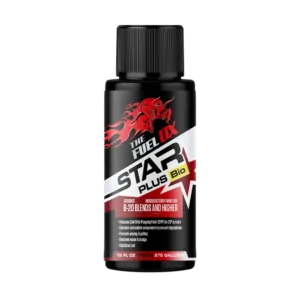

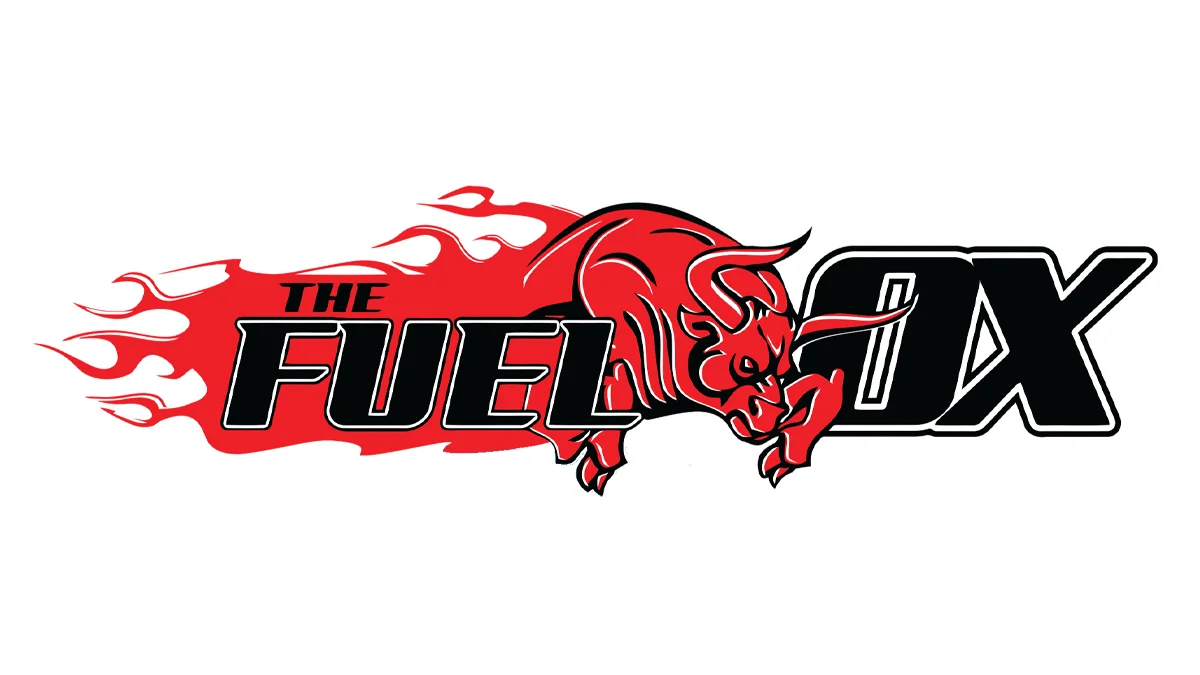
I was at the providence boat show today and both of your booth reps were professional and informational I give them a 5 star rating thanks I also give your product a 5 star rating as well